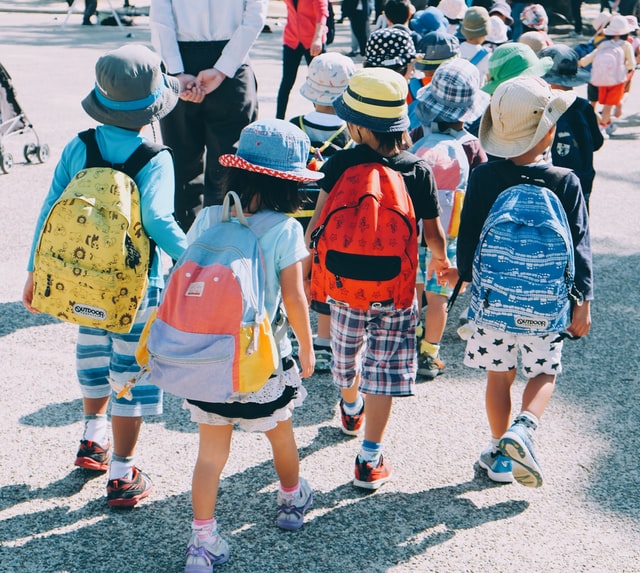
Isn’t it ironic? The direct health effects of the coronavirus affected children the least. But in the long term, they may well be the ones who suffer the most from its consequences. This is because the pandemic is likely to leave a strong persistent legacy in children’s skill development.
Schools were closed for several months, and education systems faced unprecedented challenges. Children had to learn at home by self-study or online meetings. Social-distancing rules enforced isolation, so that children could not meet friends or youth groups. We review how the Covid-19 pandemic affected educational inputs and the development of children’s cognitive and socio-emotional skills.
Our own evidence from two parental time-use surveys in Germany suggests that children’s learning time was cut in half (from 7.5 to 3.7 hours per day) during the first school closures in spring 2020 and rebounded only modestly to 4.6 hours during the second national school lockdown in early 2021. The reduced learning time was replaced in particular by more time on activities generally deemed as detrimental to children’s development, such as watching TV, playing computer games, and social media—screen time—rather than beneficial activities, such as reading, being creative, and exercising.
We relate the change in learning time from the first to the second school lockdown to changes in what schools did. It turns out that when schools introduced daily online instruction, students’ learning time increased by more than one hour each day. By contrast, changes in various other school activities did not affect students’ learning time.
A defining feature of school closures is that there is no trained educator in the room to help students with their learning. Higher-ability students and students with better family support are more effective in self-regulated learning. Schools no longer act as the “great equalizer.” Accordingly, the shift from learning time toward computer gaming was most pronounced for low-achieving students. The quality of learning time also was substantially lower for low-achieving students and for children of non-academic parents, implying widening educational inequality.
Beyond inputs, available research documents substantial losses in the development of children’s cognitive skills. Average learning losses were enormous during the first school lockdown and are likely to grow with extended closure periods. These losses in academic skills are highly unequal, with children from low socioeconomic status families hit much more severely.
The pandemic restrictions also interfered with the socio-emotional development of many children. Still, if children in general prove as resilient to the Covid-19 situation as to previous crises, serious long-term damage to their psychological development may be restricted to a smaller subgroup of children. It also remains to be seen whether the phases of limited social interaction will turn out to be sensitive for the long-term development of social skills in broader parts of the affected cohorts.
If skills go missing that are required for successful participation in the future labor market, this will have important long-term consequences for economic outcomes. Economic projections suggest that if remediation fails, the skill losses due to the temporary pandemic experience are likely to cause substantial and persistent reductions in lifetime income and economic growth, and to increase economic inequality in the long term.
© Ludger Woessmann
Ludger Woessmann is professor of economics at the University of Munich and Director of the ifo Center for the Economics of Education. He is also Distinguished Visiting Fellow at the Hoover Institution, Stanford University, and an IZA Research Fellow
Please note:
We recognize that IZA World of Labor articles may prompt discussion and possibly controversy. Opinion pieces, such as the one above, capture ideas and debates concisely, and anchor them with real-world examples. Opinions stated here do not necessarily reflect those of the IZA.